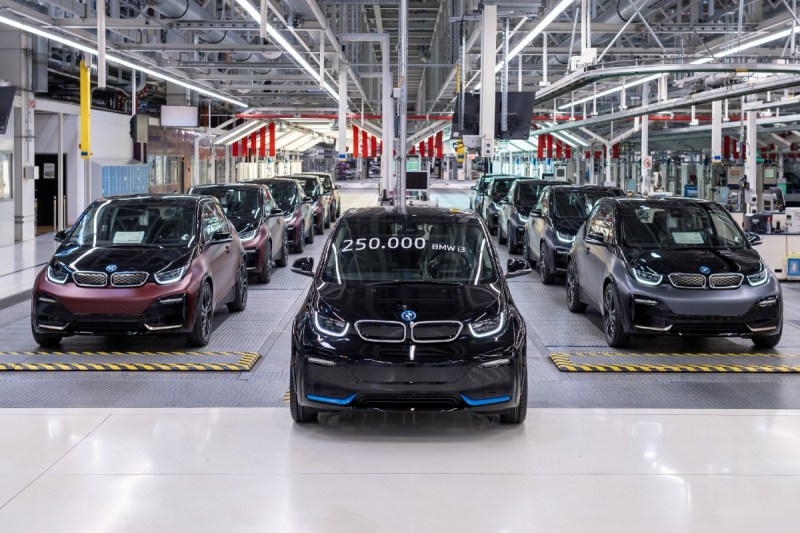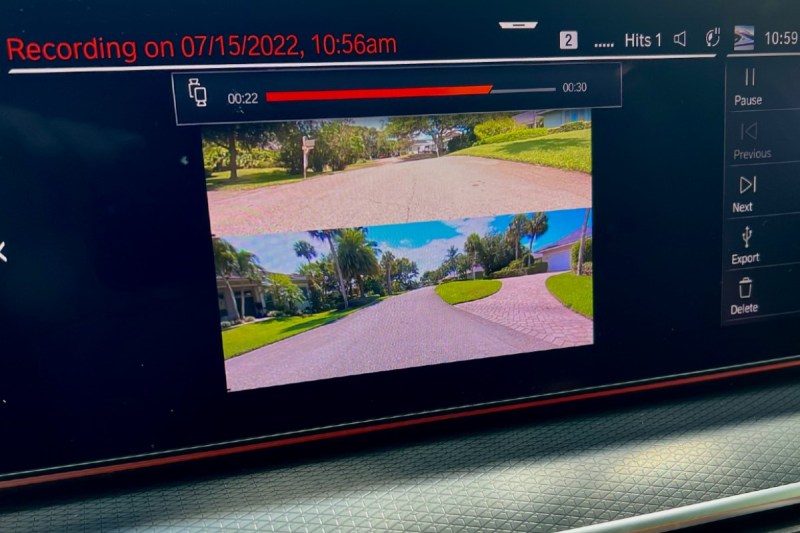Smart tech giveth and smart tech taketh away.
Clarifying building confusion, Bayerische Motoren Werke AG, aka BMW, released a statement that stresses the automaker will not offer heated seats on a subscription basis in the United States. BMW of North America doesn’t expect factory option purchase levels to change suddenly, so the policy will be in place for at least a few years. While BMW is selling heated seats for monthly fees in other countries, the luxury car company will still proffer a subscription-based app, ConnectedDrive Upgrades, on new U.S. vehicles.

The reason for the exclusion? U.S. BMW buyers will likely opt for heated seats upon purchase and there’s no need to build the infrastructure necessary for a subscription service.
“BMW customers in the USA demand a high level of equipment in their vehicles. Upgrades like heated seats are ordered on over 90% of the BMWs sold in the USA,” the vehicle company’s release said.
Monthly fees for front-seat heating cost roughly $15 in South Africa, $17 in Germany, $18 in the U.K., and $30 in New Zealand, according to BMW country websites. (Customers can pay for one month, one year, three years, or for unlimited service.) BMW faced quite a bit of social media heat on Reddit and Twitter. Dozens of posts criticized the car manufacturer for charging to keep rear ends warm.
“BMW starts selling heated seat subscriptions for $18 a month. The auto industry is racing towards a future full of microtransactions,” Reddit user chrisdh79 posted.
The press release does assure buyers that, if purchased, heated seats will remain operational for the life of the vehicle. Looking at current prices and the potential for tacking on any number of streaming monthly services, those nickels and dimes can add up quickly. Staying up to date on technical workarounds from social users might help avoid monthly fees. Either way, the ancillary benefits of upgrades may be essential for drivers requiring certain safety and comfort elements.

The first two U.S. BMW ConnectedDrive Upgrades are a dash cam function called BMW Drive Recorder and a BMW Remote Engine Start, each available through download. (The BMW Drive Recorder engages the cameras needed for the dash cam to connect to advanced driver assist systems.)
BMW will encourage customers to explore new software-based features with a short-term trial and promote purchasing apps either for a time period or for the life of the vehicle. New car owners can test functionality with flexibility and decide if they want to lay down the extra outlay.
BMW’s U.S. website lists a manufacturer’s suggested retail price for a BMW 230i coupe at $36,350. This is BMW, though, so add-ons will ignite this price.



